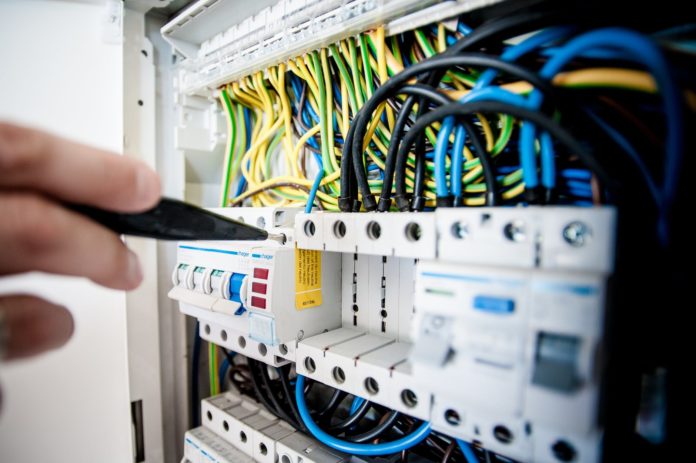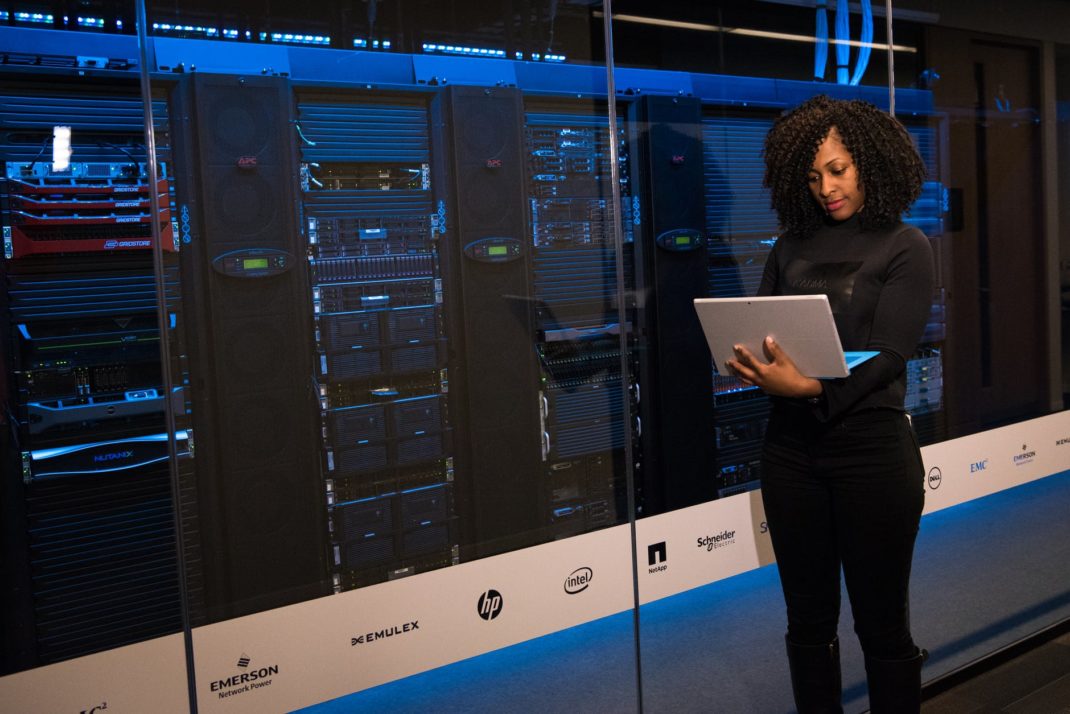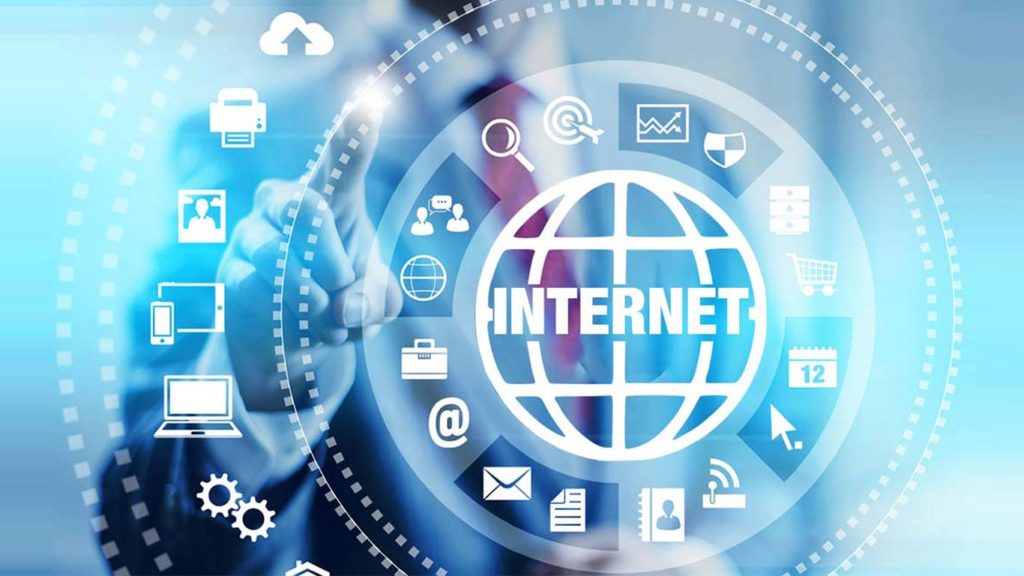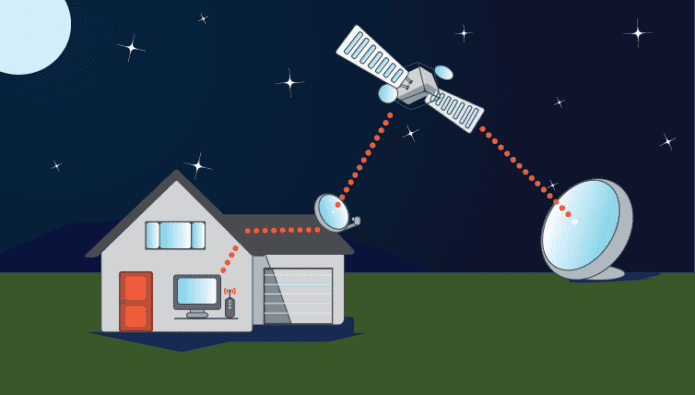
In our daily lives, we tend to question everything. From our existence in this big universe to the possible outcomes of our future, these philosophical questions bring the nihilist inside of us. Similarly, have you ever wondered who provides the flow for your Internet service provider? Most probably, you have not. This question is not philosophical in nature, and we came up with a simple explanation of how these internet providers work.
In most simple words, an Internet provider is kind of an organization that offers website hosting and internet-relevant services through cable, DSL, fiber, or wirelessly. Your devices that are connected to the internet send a request through these ISPs, and they give them access to their servers. After getting the access, you can view websites, download files, and stream all your favorite TV shows.
Moreover, these providers serve as data warehouses. They lease out their computing capacities to all the different websites, social media platforms, corporations, and government agencies. These providers give you the service through these data warehouses, and if there are problems with these servers in your area, they have technical and customer service departments to assist you with those problems. Companies like Spectrum spend a lot of capital on their customer service. In case you run into a technical issue with your modem or Wi-Fi, you can call their customer service at any time, which can find here, to get your problem sorted real quick.
Let us break down the concept in detail now

All of us have devices to connect to the internet at our homes or offices. With the help of devices such as laptops, computers, and smartphones, you can reach out to the rest of the world. Everything is done with the help of an internet service provider.
So, whenever you are downloading your important files, how does your internet provider fit in?
Whenever you try to access a site on your smartphone or laptop such as google.com, your browser uses certain DNS servers. These servers have a simple function to translate google.com into an IP address, which is associated with it. Every website has a specific IP address. Your router or modem sends this IP address to your Internet provider, which in return, ports the requests to the ISP that google.com uses.
As a result, the servers from Google.com send the page directly to your ISP, and it routes the page to your home and your laptop. All of this is done in seconds. The process is entirely the same when you are uploading or downloading files such as games, images, and documents. Anything you download, upload, or stream is transferred via your ISP.
Why are data centers relevant?

The data servers are located inside your ISP premise. There are literally thousands of computers in these data centers. These are highly secure, air-conditioned facilities encompassing thousand square feet. These computers are not like your average computers but modified and stripped down to essentials. This helps to save both energy, space, and cost.
There are no keyboards, mice, or even screens. There is a technical team dedicated to this facility, and their only job is to control and monitor these networks.
All the computers in these data centers are connected to the internet. All web providers are connected to multiple high-speed internet lines, commonly known as a backbone or top-tier connections. On average, these backbone connections are a thousand times faster than your home internet service. If any of these backbone connections fail, the internet service providers have several other lines as insurance. This keeps everything running for the customers and the ISP itself.
Moreover, it is a quite common practice in the broadband industry where they divide the resources of a single computer among many hosts. This service is quite affordable and is called shared hosting. Through shared hosting, the ISP can treat each website as a separate entity. They have their own passwords and security. These platforms are crucial for websites that get low to medium internet traffic and do not require customized software. For websites that receive high-traffic, ISPs offer dedicated hosting. In this hosting, one computer runs a single website. Dedicated hosting is quite expensive and offers a faster response.
How do Internet Providers connect us with the internet?

There are multiple ways the internet providers connect us with the web. Some use a wired connection while others use a wireless connection through satellite. Here are different avenues of connecting with the internet:
DSL Internet: DSL stands for digital subscriber line and utilizes the phone lines to connect you with the internet. The Wi-Fi modem is linked to the phone lines through a phone wall jack.
Cable Internet: It utilizes coaxial cable lines. These are the same lines used for Cable TV. The connection is quite reliable, and you get high-speed internet. The customers get to bundle the internet and TV in an affordable price range, that is why it is quite convenient.

Fiber: It is a relatively new technology and uses fiber optics instead of coaxial or copper cables. With fiber, the customers can get ultra-fast internet speeds. This is undoubtedly the fastest and reliable connection out all mentioned.
Satellite: It is the best option in areas where cable providers cannot reach. Although the internet speeds are very less, something is better than nothing. The only problem with satellites is its reliability. The weather conditions can seriously influence your internet speeds.
Final Verdict
I hope this article helped explain how the internet providers work and what kind of internet connections are available for the users. It might sound quite simple, but there are a lot of technicalities involved in getting your buffer-free high-definition streaming.











